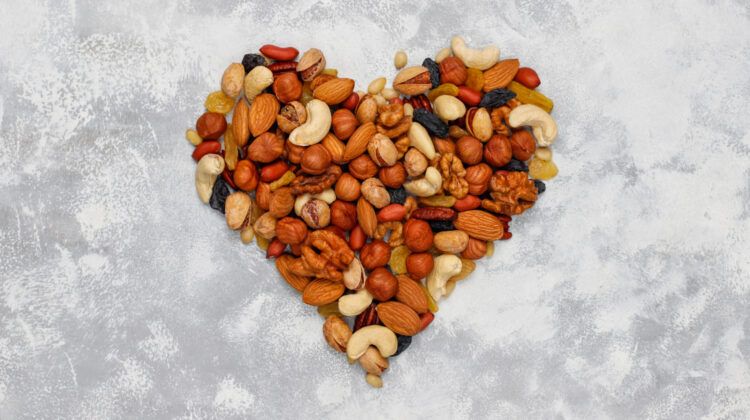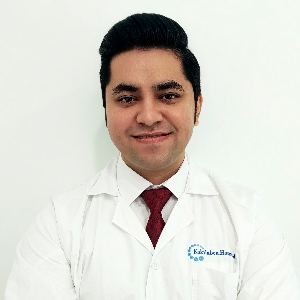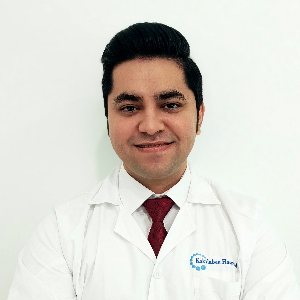1. How can Doc India help to select the best cardiologist?
In Doc India, you will find some of the best cardiologists who are not only highly qualified and efficient in curing various types of heart disease but also have the best clients’ feedback for keeping the heart healthy.
2. How do cardiologists treat high blood pressure levels?
Cardiologists generally advise medicines to patients with high levels of blood pressure, so that the circulation improves, and the heart rate becomes normal. Cardiologists also suggest patients have a healthy and balanced diet to keep blood pressure levels in control.
3. Why do cardiologists warn if you have high cholesterol?
Cardiologists warn patients to keep cholesterol levels within check because high levels of cholesterol can result in various types of cardiac diseases, which include cardiac arrest, chances of heart attack, heart failure, stroke, and many other similar types of diseases.
4. What are the qualifications required for a good cardiologist?
When you are choosing a cardiologist for your treatment, you need to know the qualifications of the doctor and choose the expert accordingly. Some of the basic qualifications that you must look for in a cardiologist include the following:
Has completed a bachelor’s degree in medical science or has obtained an MBBS degree
Attended medical school and has completed a Doctor of Medicine (MD) program.
Has finished a residency program in internal medicine, with a specialization in cardiology.
Has a fellowship in cardiology.
5. What kind of cardiac disease symptoms do cardiologists treat?
Though cardiologists can cure the symptoms of various types of cardiac diseases, some of the most commonly cured diseases include the following:
High blood pressure
Abnormal heart rate
Problems in the heart valves
Heart attack and heart failure
Congenital heart disease
Coronary heart disease
Arrhythmia
Chronic heart diseases.
6. Can breathing problems develop from heart diseases?
There is a high chance that breathing problems like shortness of breath might develop from various types of heart diseases. For instance, a person might develop breathing problems as a result of high blood pressure, high cholesterol, or due to more severe cardiac issues like arterial blockages, and so on.
7. Why does a person experience angina pain?
A person will feel pain in the chest, which happens in the case of angina, also known as Angina pectoris, because in such conditions, there is a lack of flow of blood to the heart.
8. What are the symptoms that appear before cardiac arrest?
The symptoms that develop during the occurrence of cardiac arrest will differ from one person to another, yet there are certain types of common symptoms, some of which include the following:
Shortness of breath
Weakness
Pain or discomfort in the chest
Fast-beating, fluttering, or pounding heart, due to high heart rate or palpitations)
Unexplained fainting or dizziness.
9. What do cardiologists recommend in case of heart attack?
Cardiologists advise that when a person shows the symptoms of developing a heart attack, then the person should be immediately taken to a medical clinic or a hospital to provide instant cardiac care.
10. When do cardiologists advise coronary angioplasty?
Coronary angioplasty is a procedure that is advised as a preventive measure by cardiologists to check the risks of heart attack and help in clearing the clogged pores in the heart.
Frequently Asked Questions
News Articles

10 Best Foods to Keep Your Heart Happy a ...Read More

11 Foods That May Improve Your Heart Hea ...Read More

Zumba: What is it and How Does Effect to ...Read More

Worried About Heart Problem? Basil Can b ...Read More

Women’s Lifestyle And Heart Health ...Read More



